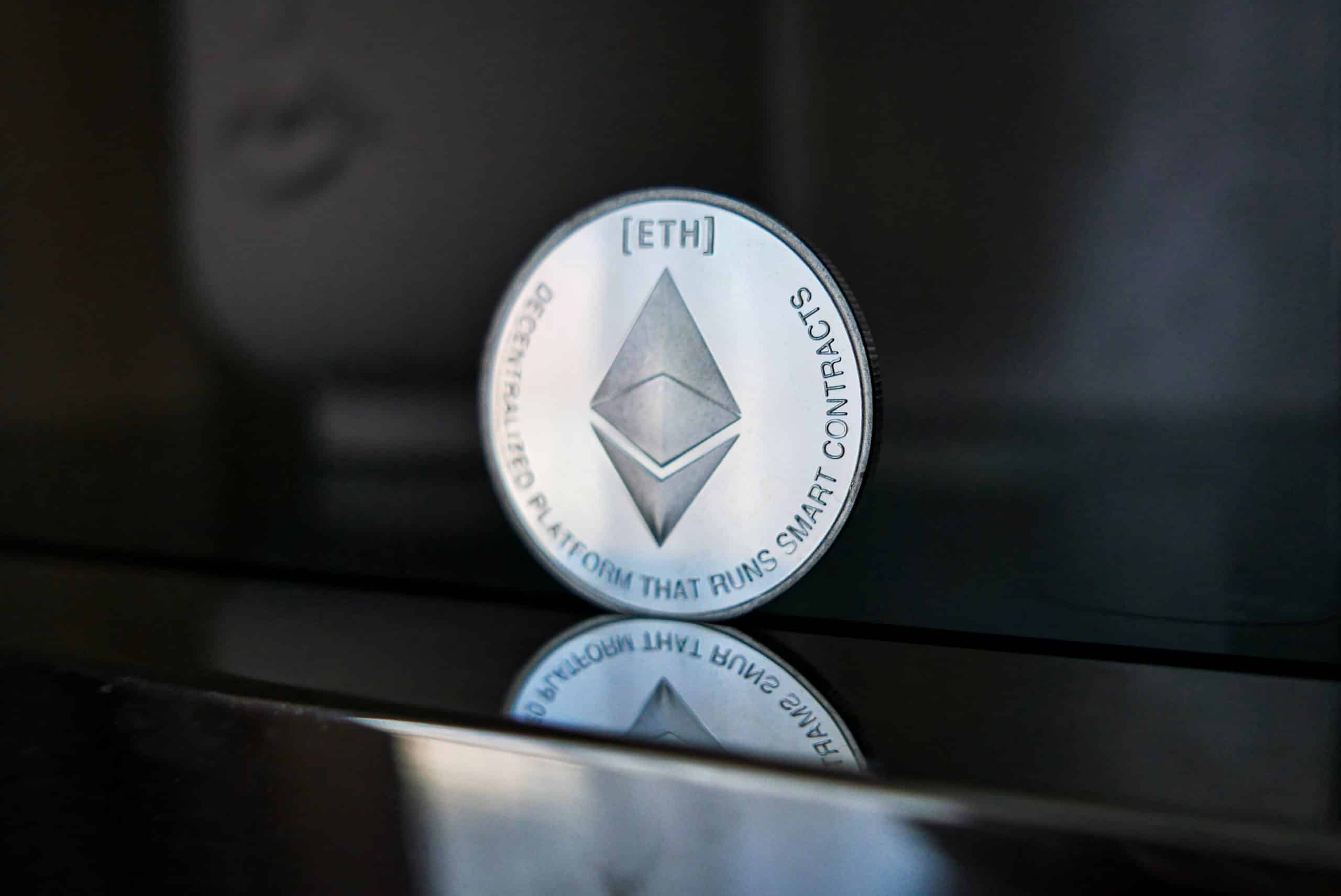Goerli ETH testnet tokens are not technically free any longer – something that concerns developers who advocate for the environment’s accessibility.
The sudden emergence of a liquid market for Goerli ETH (GETH) tokens sent its price soaring on Saturday.
i initially thought liquid market for geth made sense since devs wouldn't mind spending couple cents for the convenience, but I guess i underestimated crypto's ability to turn everything into a lil ponzu game
— ekin (@eking0x) February 25, 2023
Testnet tokens are not designed to have any real value by nature, and instead meant to provide a way for developers to test blockchain applications and features in a sandbox environment of the mainnet, without having to spend any real money. Goerli, in particular, is one of the most popular Ethereum testnets.
How did things change? On Feb. 22, cross-chain bridge protocol LayerZero launched a testnet bridge that lets users swap mainnet ETH for Goerli ETH. With a limited supply of GETH, some wallets have been hoarding these tokens, pushing up their price and making it more difficult for developers to test their decentralized applications.
Many developers took issue with LayerZero’s GETH marketplace, arguing that monetizing testnet tokens is not a public good as they claim.
Public goods? Monetizing testnet tokens is not a public good unless I missed something about where their LP rewards will be going or that this is coordinated with anyone working on Goerli. They could have made their own testnet as a public good.
In short, don't buy Goerli ETH. https://t.co/etos3YU2Zd
— Hudson Jameson (@hudsonjameson) February 21, 2023
This is the start of the end of Goerli testnet. It served us well.
My faucet distributed 6 million or so Goerli eth for free. Worth around 4 million USD at current prices 🙃.
My RPC node served over 100 billion requests.
They are both non functional now. I'll miss Goerli.
— Mudit Gupta (@Mudit__Gupta) February 26, 2023
However, some developers made a case for the selling of testnet tokens, saying that bringing more testnet ETH back in circulation makes sourcing it easier and more efficient.
“We made the market simply because the experience sucked for us and we asked ourselves ‘what can we build to make life for Ethereum devs easier,’” LayerZero CEO Bryan Pellegrino told DL News.
Some developers, like ETHBerlin founder Maria Paula, have been accused of dumping GETH on the market over the weekend. Paula described her actions as necessary, in aid of making sure the next testnet stays free.
“So if i can lower the price, make some money to give a grant to a new testnet, i think its the best solution for now,” she tweeted on Sunday.
LayerZero’s Pellegrino said he was strongly in support of this initiative, and plans to use all proceeds at the end of Goerli’s life to issue grants.
As it happens, that time could be soon approaching. Ethereum core developer Tim Beiko tweeted on Sunday that Goerli will eventually be shut down, making room for future testnets to mint more ETH.



